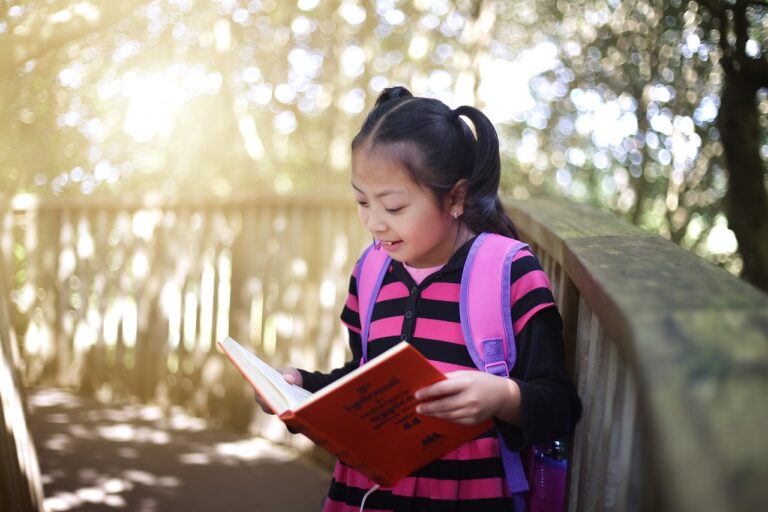Education and Social Emotional Learning (SEL)
Emotional intelligence plays a crucial role in the learning process, influencing how students navigate challenges, interact with peers, and regulate their emotions. When students develop a high level of emotional intelligence, they are better equipped to handle setbacks, communicate effectively, and build positive relationships with others. This, in turn, fosters a supportive and conducive learning environment for both academic and personal growth.
Furthermore, research shows that students with strong emotional intelligence tend to exhibit higher levels of self-awareness, social awareness, self-regulation, and empathy, which are fundamental skills for success in both educational settings and beyond. By prioritizing the development of emotional intelligence in educational practices, educators can enhance students’ abilities to understand and manage their emotions, make responsible decisions, and develop positive interpersonal relationships, ultimately contributing to overall academic success.
Understanding the Connection Between SEL and Academic Success
Emotional intelligence plays a crucial role in shaping academic success. When students are equipped with strong social and emotional skills, they are better able to navigate the challenges they face in the classroom. This includes effective communication, problem-solving abilities, and the capacity to manage their emotions in a constructive manner. Such skills not only enhance their academic performance but also contribute to their overall well-being.
Furthermore, the connection between social-emotional learning (SEL) and academic success is evident in the way students interact with their peers and teachers. When students are adept at understanding and regulating their emotions, they can develop meaningful relationships with others, leading to a more positive and supportive learning environment. SEL provides students with the tools to collaborate effectively, resolve conflicts peacefully, and stay focused on their academic goals. By integrating SEL into the educational curriculum, schools can empower students to achieve better academic outcomes and thrive both academically and emotionally.
Effective Strategies for Incorporating SEL into the Classroom
Encouraging open communication is a fundamental strategy for incorporating social and emotional learning (SEL) into the classroom. By creating a safe space where students feel comfortable expressing their thoughts and emotions, educators can foster an environment conducive to developing self-awareness and empathy. This can be achieved through activities such as circle time discussions, group projects that focus on collaboration, and mindfulness exercises that promote self-regulation and stress management skills.
Another effective strategy for integrating SEL into the classroom is to model positive behavior and emphasize the importance of interpersonal relationships. Teachers serve as powerful role models for students, and by demonstrating empathy, active listening, and conflict resolution techniques, they can help students learn how to navigate complex social situations effectively. By establishing a classroom culture that values kindness, respect, and understanding, educators can empower students to cultivate strong emotional intelligence skills that will benefit them both academically and personally.
What is emotional intelligence?
Emotional intelligence is the ability to recognize, understand, and manage our own emotions, as well as the ability to recognize, understand, and influence the emotions of others.
How does emotional intelligence impact learning?
Emotional intelligence plays a key role in learning by influencing a student’s ability to regulate their emotions, build positive relationships, and make responsible decisions.
Can incorporating SEL into the classroom improve academic success?
Yes, research has shown that incorporating social and emotional learning (SEL) into the classroom can lead to improved academic success, as students are better able to manage their emotions, work well with others, and make responsible decisions.
What are some effective strategies for incorporating SEL into the classroom?
Some effective strategies for incorporating SEL into the classroom include teaching students self-awareness and self-management skills, promoting social awareness and relationship-building activities, and providing opportunities for responsible decision-making and problem-solving.







